Even Saying “Hi” is Awkward
Moses M’Bowe
Imagine being from another planet.
You have trouble communicating; you do not feel connected to the people around you, and you are not understood. You walk amongst society, yet you do not understand social norms–and tend to violate every one of them. You are trying to navigate through life, but instead of having a support system, you feel isolated. You feel like you are in Hell.
This is exactly how senior Moses M’Bowe feels. He has Asperger’s Syndrome, a high-functioning form of Autism, which affects 3.5 million people worldwide.
People with Asperger’s, also known as AS, can be affected by the syndrome in many ways. AS gives a person motor skill delays and serious deficiencies in social and communication skills, making the person appear awkward or clumsy. Many people diagnosed with AS want to fit in, yet do not know how.
Despite their social deficiencies, people with AS usually have extremely high IQ’s. This can result in misunderstandings; people may perceive individuals with AS to just be a bit awkward, instead of having a diagnosable disorder.
A friend of M’Bowe, who prefers to stay anonymous and is also diagnosed with Autism, said, “[Moses is] kind of awkward and quirky, like me. He’s a little bit shy, but he’s very smart. If [Moses is] in a social situation [his AS is] a disadvantage, but if it’s a critical thinking situation, he has a major advantage over others.”
M’Bowe’s diagnosis has had a tremendous impact on his life. He called his childhood “terrible,” mostly due to bullying, a common challenge people with AS face. Since people with AS don’t understand social norms, they easily become the “scapegoat” for teasing. This, mixed with feelings of isolation, makes people with AS seek an escape.
M’Bowe escapes from his external“Hell” by reading, programming, designing, and being with good friends. He also “found his escape by trying to find things that could help make life worth living.” Yet, his AS is “everywhere.” It is inescapable.
M’Bowe feels that it is important to bring attention to AS because people don’t have a good understanding of what it is and, thereby, do not understand the way he acts or thinks.
“It sucks. It kinda does. I think more in pictures. You tend to feel things differently and…I don’t know…you’re not understood,” M’Bowe said. “It’s like you’re from another planet…even saying ‘hi’ is awkward.”
This is how M’Bowe has felt all his life: different. These feelings of isolation are only worsened when people treat him differently. M’Bowe’s friend said, “When people don’t understand, they treat [people with AS] differently, like outsiders.”
M’Bowe simply wants people to have a better understanding of what Asperger’s is so that people can better address it and not treat him differently. He said, “I don’t like publicity, but I thought that if people could understand–just like 10 people–it would make a big difference for the people dealing with this.”
M’Bowe not only wants to make a difference for others with AS, but also for the world. He is currently studying sustainable energy as an intern at the CSU Energy Institute.
“I prefer to live in a world where I expect things to get better, not where I expect things to get worse. And someone has to do it,” M’Bowe said. “We need to figure out ways to do more with less and just love it. I think people should wake up and be exciting and be happy to be a part of the human species.”
Many people with AS are just like M’Bowe; they are just like anybody else, yet have trouble communicating their feelings. M’Bowe wants people to understand that just because someone may act differently, they aren’t all that different from everyone else.
M’Bowe, whose “ultimate goal is to make being part of the human species worth living for with a purpose,” wants to spread awareness about Asperger’s and change the perception of AS from a negative to a positive. Like M’Bowe said, even if 10 people read this article and feel empathy for people like M’Bowe, then publishing this article was a success.
Your donation will support the student journalists of Rocky Mountain High School - CO. Your contribution will allow us to purchase equipment and cover our annual website hosting costs.

Taylor is a Junior staff writer for the Highlighter. Other than writing, she plays lacrosse and is a Student Council officer. She also likes blueberry...


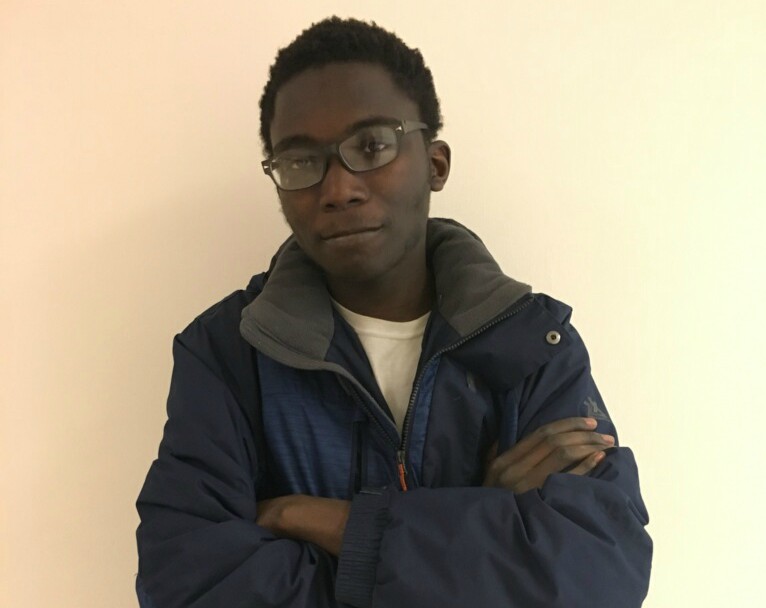

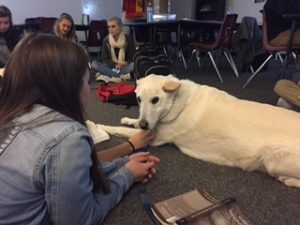

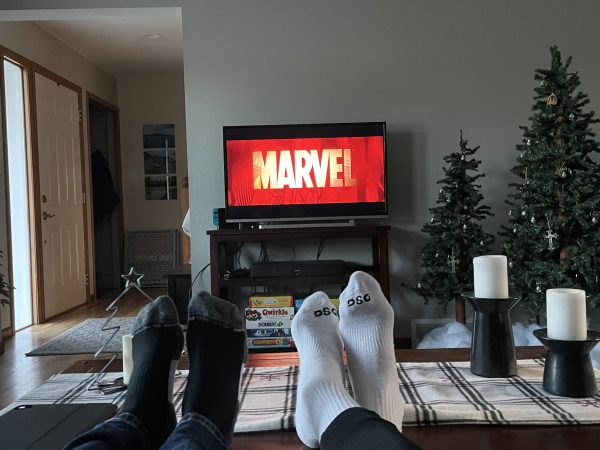

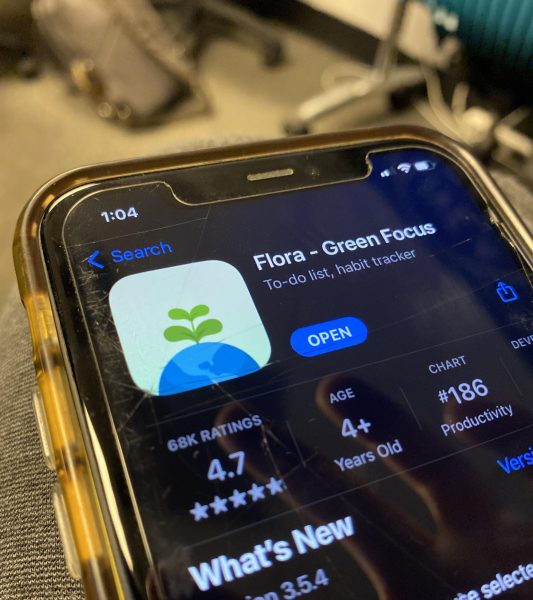
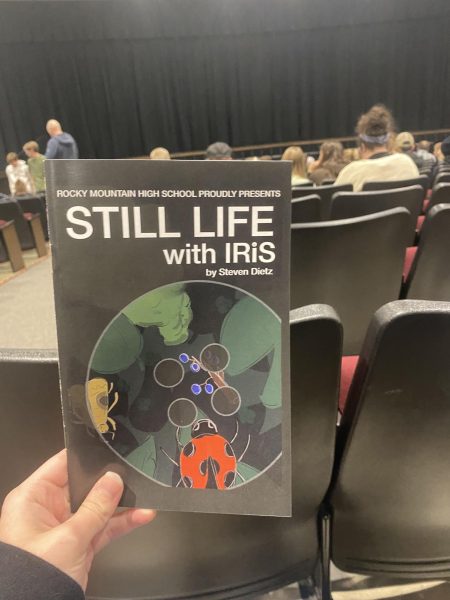
Angela Yamashita • Apr 27, 2017 at 8:04 am
And then to go beyond. . . http://bit.ly/rmhsrenawable
Angela Yamashita • Apr 9, 2017 at 7:09 am
I am so proud for you, Little Brother. Way to represent those of us from the http://wrongplanet.net/.